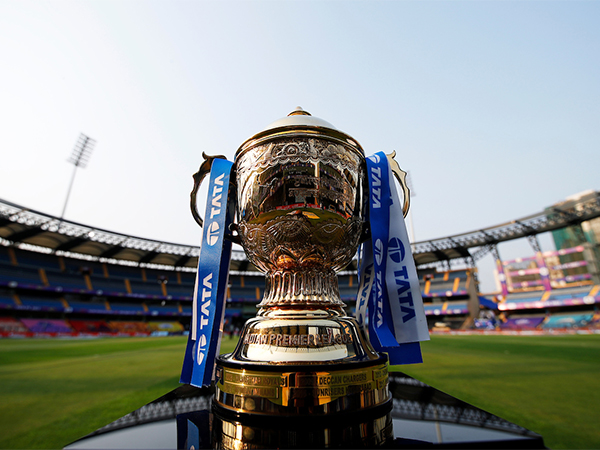
The final match of the Indian Premier League (IPL), held on Tuesday night, proved to be a thrilling spectacle that reached its crescendo with a victory for Royal Challengers Bangalore (RCB). The gripping finale against Punjab Kings captivated fans across the nation and ended with RCB lifting the sparkling IPL trophy, along with a prize of ₹20 crore. Punjab Kings, the runners-up, received ₹12.50 crore. This win marked another milestone in the career of RCB’s iconic No. 18 jersey holder, Virat Kohli, who has been associated with the team for the past 18 years.
The IPL season this year also bore witness to national sorrow and resilience. A terrorist attack in Pahalgam, Jammu and Kashmir, claimed the lives of 26 innocent tourists. The heightened tension between India and Pakistan that followed, along with the military operation codenamed 'Sindoor', forced the interruption of a match in Dharamshala and the rescheduling of several IPL games. However, the declaration of a ceasefire later allowed the remaining matches to be successfully conducted.
IPL is a widely celebrated cricket tournament featuring multiple teams, with each season lasting around two months and comprising nearly 60-70 matches. This year, 10 teams participated: Chennai Super Kings (CSK), Delhi Capitals, Gujarat Titans, Kolkata Knight Riders (KKR), Lucknow Super Giants (LSG), Mumbai Indians, Punjab Kings, Rajasthan Royals, Royal Challengers Bangalore (RCB), and Sunrisers Hyderabad.
Due to its enormous popularity and vibrant fan base, the IPL draws the attention of major corporations and influential individuals. It offers a unique blend of sports and spectacle—thrilling matches, cheerleaders, celebrity performances, team anthems, and large-scale marketing events make it a full-fledged entertainment extravaganza.
Media coverage of the IPL is extensive, adding to its grandeur. Each match attracts thousands of fans to stadiums and millions more on screens, supporting their favorite teams and players. Advertisements and sponsorship deals form a significant part of the IPL’s financial ecosystem, making it a major revenue-generating venture. United Spirits Limited, the owner of RCB, reportedly made gains of around ₹2,200 crore ahead of the final match, largely due to a surge in its share value. Meanwhile, Preity Zinta, co-owner of Punjab Kings, has a net worth of approximately ₹240 crore and reportedly charges ₹1.5 crore for brand endorsements.
Since its inception in 2008, IPL has emerged as a global cricketing phenomenon. Key milestones include its inclusion in the Champions League T20 in 2010, a spot-fixing scandal in 2013 leading to bans on several players, and its relocation to the UAE in 2020 due to the COVID-19 pandemic.
The business model of the IPL is immense and multifaceted, driven by advertising, sponsorships, merchandise, and broadcasting rights. With every passing year, the tournament continues to grow in popularity and scale, strengthening its identity as a confluence of sportsmanship, glamour, and commerce.
Moreover, the IPL serves as a fertile ground for discovering and nurturing emerging cricketing talent from across India. Several promising players showcased their abilities this season and are likely to represent India in various formats of the game in the near future.
In essence, the Indian Premier League has become much more than just a cricket tournament. It is a cultural event, a business enterprise, and a source of national pride—a true Triveni Sangam of sport, entertainment, and enterprise.